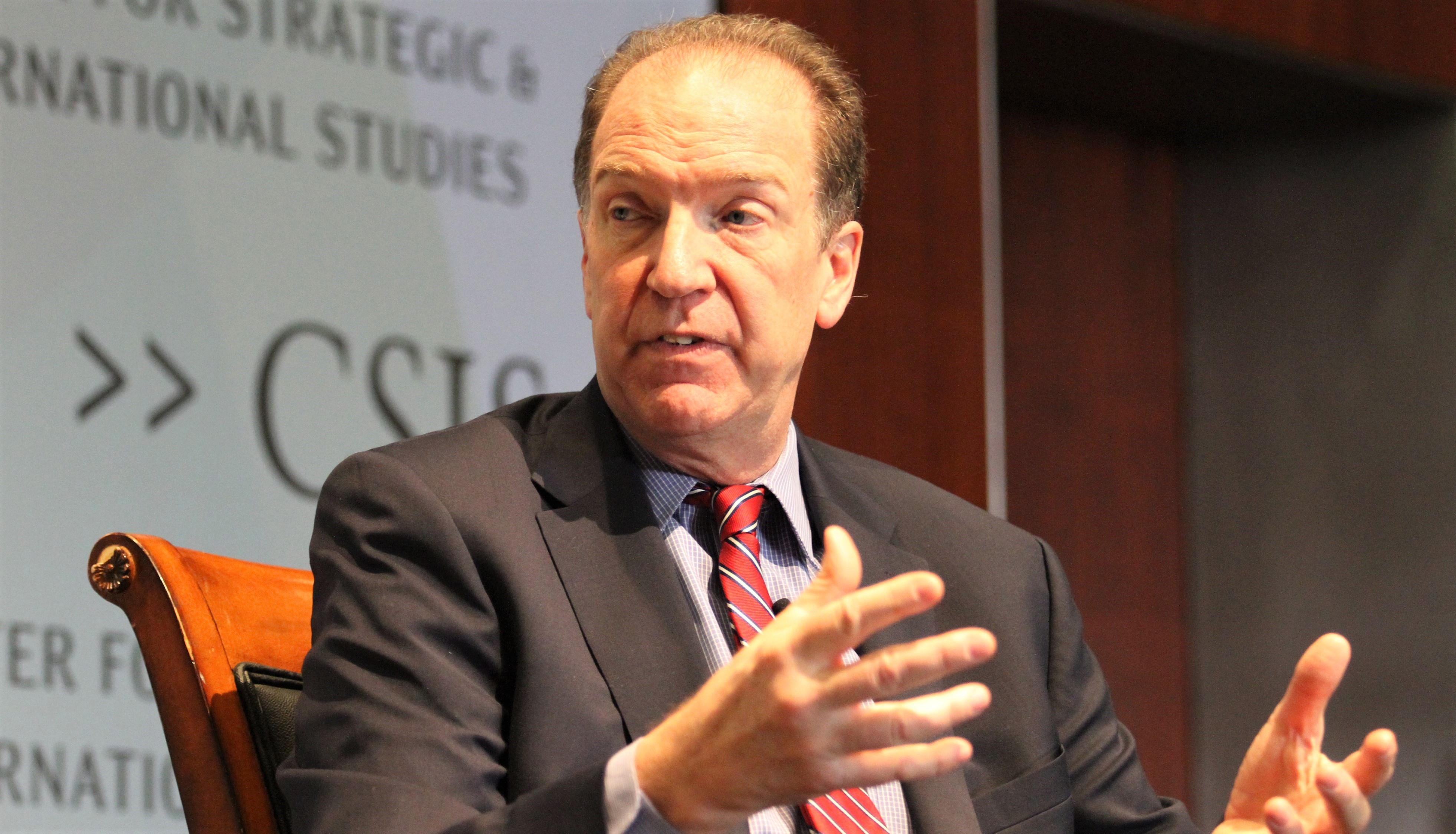World Bank Chief Raises 2023 Global Growth Outlook Slightly, Eyes Debt Progress
LAHORE MIRROR — World Bank Group President David Malpass said on Monday that the lender has revised its 2023 global growth outlook slightly upward to 2% from a January forecast of 1.7% but the slowdown from stronger 2022 growth will increase debt distress for developing countries.
Malpass told a media briefing that the upward revision was due to an improved outlook for China’s recovery from COVID-19 lockdowns, with growth now pegged at 5.1% this year compared to 4.3% in the bank’s January Global Economic Prospects report.
Advanced economies, including the U.S. and in Europe, are also doing a bit better than the World Bank anticipated in January, Malpass said as the World Bank’s and International Monetary Fund’s Spring Meetings week kicked off.
But the departing World Bank chief warned that turmoil in the banking sector and higher oil prices could again put downward pressure on growth prospects in the second half of 2023. A bank asset maturity mismatch will take some time to work through and banks are likely to pull back credit for businesses, slowing growth, he said.
Malpass said that technical meetings this week with Chinese officials can help “break the ice” on potential movement on badly needed debt relief for poor countries.
Malpass said China also would be able to score some political points at a fairly low cost for its lending institutions.
“From the standpoint of their institutions, it’s not such a big amount,” Malpass said. “It beneficial to China to be making this movement” from both economic and political standpoints.
SLOWER FOR LONGER
In a separate session, both Malpass and IMF Managing Director Kristalina Georgieva said the slow medium-term outlook for growth — below 3% this year and around 3% for the next five years estimated by the IMF — is a problem for developing countries.
Malpass said higher growth was needed for job creation and also to slow economic migration from poor countries, but said capital was on net flowing out of developing countries and such flows needed to be reversed as interest rates normalize.
“I do hope that as we have these meetings to talk about the immediate pressing priorities of price stability, financial stability, we will pay more attention to how the world can go into higher growth,” Georgieva said.
The IMF will release its latest economic forecasts on Tuesday. The World Bank’s forecasts tend to be a bit lower because they are based on market exchange rates, while the IMF’s forecasts are based on purchasing power parity exchange rates.
SOURCE: REUTERS

